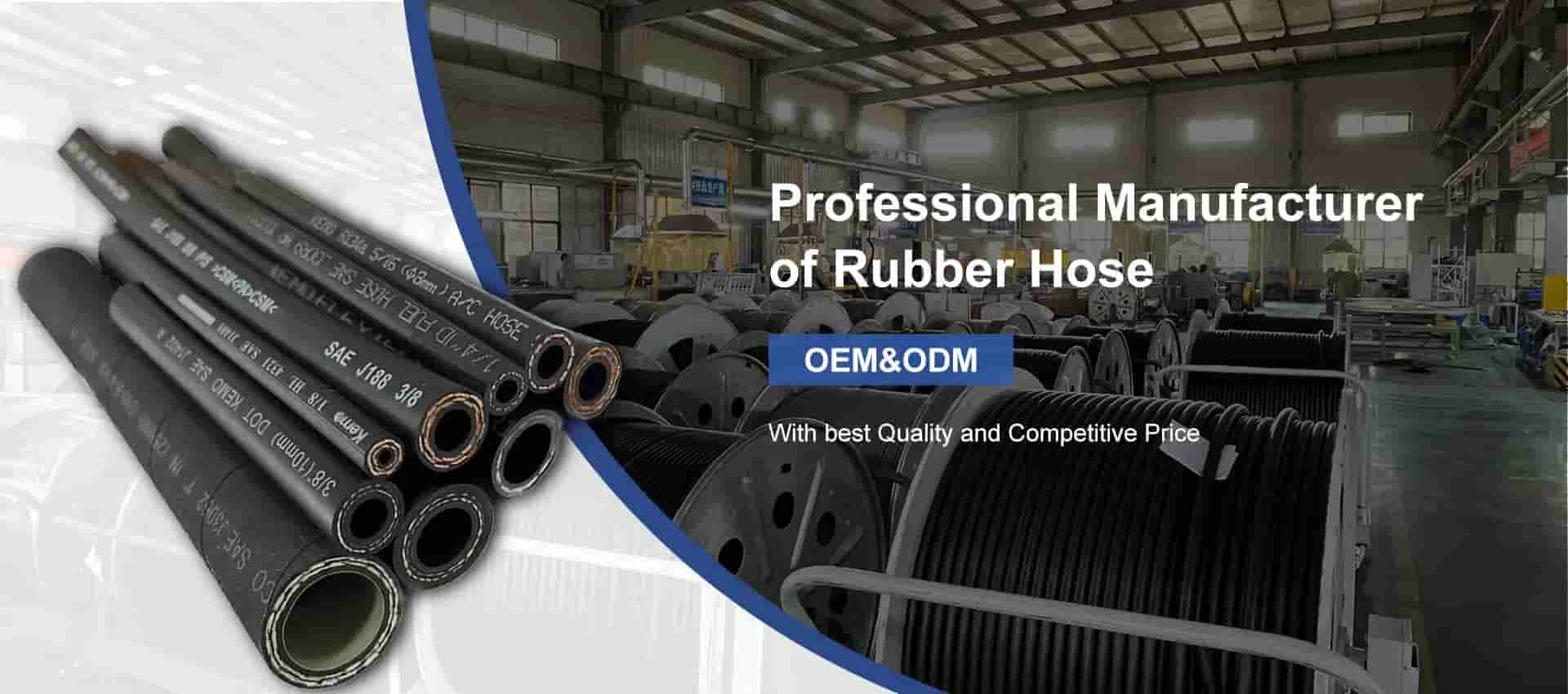Heater Hose Options for Efficient Heating Solutions and Installation
Dec . 11, 2024 01:54 Back to list
Heater Hose Options for Efficient Heating Solutions and Installation
The Importance of Hose for Heaters A Comprehensive Guide
When it comes to home heating systems, the components that support their functionality are just as crucial as the heating units themselves. One such often-overlooked component is the hose for heaters. These hoses play a vital role in ensuring that heating systems operate efficiently, safely, and effectively.
Understanding Heater Hoses
Heater hoses are specially designed tubes that facilitate the circulation of heated water or steam throughout a home or building. Typically made from durable materials, such as rubber or silicone, these hoses are engineered to withstand high temperatures and pressures. In essence, they act as conduits that transfer heat from the boiler or heating unit to the radiators or heating elements in various rooms.
Types of Heater Hoses
Several types of hoses can be utilized in heating systems, including
1. Radiator Hoses These are primarily found in automotive heating systems, where they transport coolant to and from the engine and the radiator. In home heating systems, similar hoses can channel heated water from the boiler to the radiator.
2. Flexible Hoses Often used for their versatility, these hoses can bend and adapt to different configurations, making them ideal for intricate heating layouts.
3. Insulated Hoses To minimize heat loss during the transfer process, insulated hoses are utilized. They keep the heat contained within the hose, which maximizes efficiency and reduces energy costs.
The Benefits of Using High-Quality Hoses
Selecting the right hose for your heating system is crucial. High-quality hoses offer several advantages
hose for heater

- Durability Premium hoses are resistant to wear and tear, ensuring longevity and reliable performance over time.
- Heat Resistance They are designed to withstand the high temperatures encountered in heating applications, preventing deformation or burst under pressure.
- Safety Inferior hoses may risk leaks, leading to dangerous situations such as scalding or fire hazards. High-quality hoses reduce these risks.
- Efficiency Efficient heat transfer is essential for a cost-effective heating system. Quality hoses contribute to maintaining the right temperature and reducing energy consumption.
Installation and Maintenance
Proper installation and regular maintenance of heater hoses are essential for the longevity and efficiency of your heating system. During installation, professionals typically ensure that hoses are connected securely, avoiding kinks or bends that can impede water flow.
Regular inspections are recommended to identify any signs of wear, such as cracks, bulges, or discoloration. If a hose appears compromised, it should be replaced immediately to prevent system failure.
Conclusion
Hoses for heaters may seem like a small component in a larger heating system, but their importance cannot be understated. They ensure the efficient transfer of heat, enhance system longevity, and contribute to overall safety. Homeowners should invest in quality hoses and prioritize regular maintenance to enjoy a warm, comfortable living environment while minimizing energy costs.
As we continue to seek efficient heating solutions, understanding the role and significance of heater hoses is essential for every homeowner and building manager. Choosing the right hoses and keeping them in optimal condition is a step towards achieving a reliable and effective heating system.
